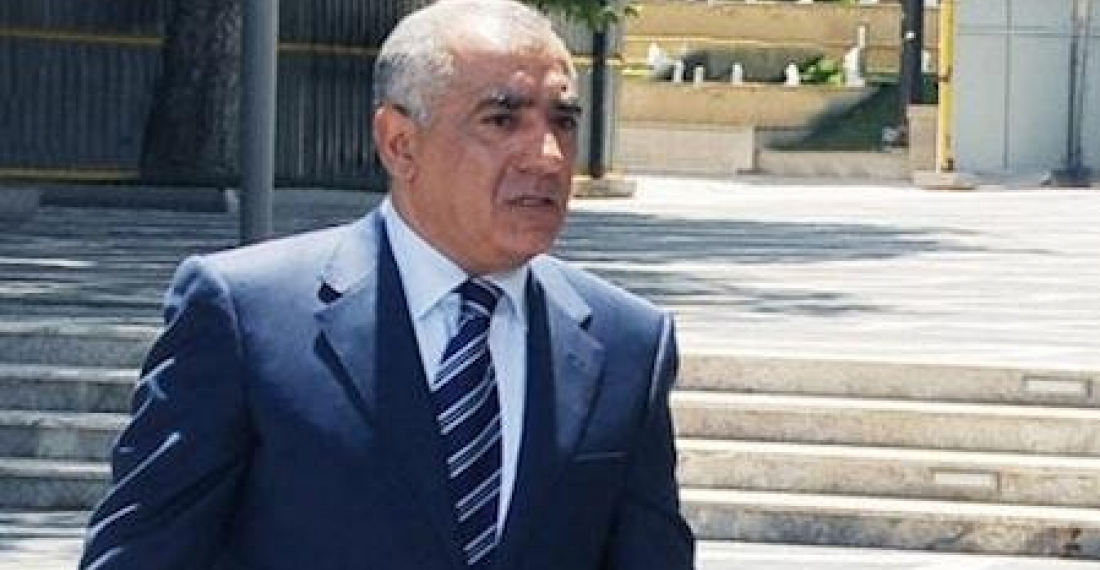Обновлено в 10:30 GMT
Парламент Азербайджана Милли Меджлис во вторник утром (8 октября) одобрил назначение Али Асадова на пост премьер-министра страны. Назначение было направлено в парламент президентом Ильхамом Алиевым после отставки Новруза Мамедова, который занимал пост премьер-министра в течение последних восемнадцати месяцев.
Официальных объяснений отставки Новруза Мамедова не было, но сайт Haqqin.Az, тесно связанный с правящими кругами Азербайджана, опубликовал комментарий своего основателя-редактора Эйнуллы Фатулаева, в котором утверждалось, что Мамедов не справился с задачей перевернуть экономику Азербайджана. По его словам:
"В течение полутора лет премьер-министр не мог реорганизовать работу правительства и повысить его эффективность, превратить Кабинет министров в локомотив экономических реформ, инициированных президентом. Экономические и финансовые реформы застопорились и потребовали постоянное личное вмешательство президента. Без президента дела не шли. Более того, Н.Мамедов не смог добиться улучшения макроэкономических показателей, в частности, увеличения темпов роста валового внутреннего продукта, о чем неоднократно настаивал президент".
Как сообщает Haqqin.az, Новруз Мамедов «останется в рядах правящей команды».
Новый премьер-министр Али Асадов поблагодарил членов парламента за утверждение его кандидатуры и пообещал сделать все возможное, чтобы оправдать их доверие.
Биография нового премьера
Асадов Али Хидаят оглы родился 30 ноября 1956 года в Нахчыване. В 1974 году окончил среднюю школу № 134 в Баку, а в 1978 году окончил Московский институт народного хозяйства. Трудовую деятельность начал в 1978 году старшим лаборантом в Институте экономики Академии наук Азербайджанской ССР. Служил в армии в 1978-1980 гг.
В 1980-1989 гг. работал в Институте экономики Академии наук Азербайджанской ССР старшим лаборантом, аспирантом, младшим научным сотрудником, научным сотрудником, а в 1989-1995 гг. - доцентом, заведующим кафедрой Бакинский институт социального управления и политологии.
В 1995-2000 годах был депутатом Милли Меджлиса Азербайджанской Республики.
Указом Президента Азербайджанской Республики от 17 апреля 1998 года назначен помощником Президента Азербайджанской Республики по экономическим вопросам. Указом Президента от 29 ноября 2012 года назначен заместителем главы Администрации Президента Азербайджанской Республики.
---
Премьер-министр Азербайджана Новруз Мамедов подал в отставку. Азербайджанские СМИ сообщили об отставке во вторник утром без подробностей.
Вскоре после этого стало известно, что на эту должность был назначен помощник президента по экономическим вопросам Али Асадов. Его назначение было направлено в парламент Азербайджана для одобрения.
источник: commonspace.eu по материалам агентств
фото: Али Асадов (фото из архива)







